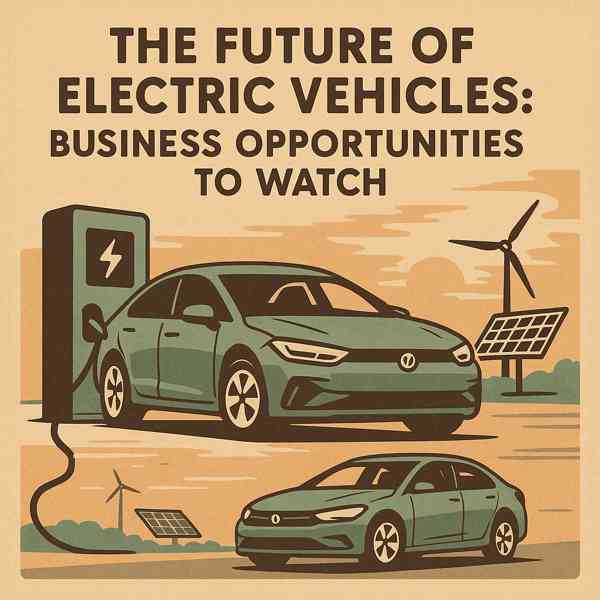Electric Vehicles Explained
Electric Vehicles Explained
Blog Article

As the world shifts toward sustainability, electric vehicles offer a more efficient solution to our mobility needs.
From compact cars and SUVs to trucks and motorcycles, EVs are available in more models than ever.
Understanding EVs
Unlike gasoline-powered cars, EVs produce no exhaust pollution.
Main elements of an electric vehicle:
- Replaces the internal combustion engine
- Usually lithium-ion or solid-state
- Power electronics
- Charging system
Electric vehicles come in various types, such as plug-in hybrids (PHEVs)—each with different levels of electrification.
Why Choose an EV?
Whether you're looking to save money or reduce emissions, EVs offer a compelling option.
What makes EVs attractive:
- Reduced maintenance needs
- Helps fight climate change
- Less noise and vibration
- Financial perks for EV buyers
For eco-conscious and cost-aware drivers, electric vehicles are an increasingly responsible choice.
Limitations to Consider
Understanding the limitations of electric vehicles will help you make an informed decision.
Common concerns include:
- May require more frequent charging
- Longer trips need planning
- More expensive upfront than comparable gas models
- Battery lifespan and replacement
As technology advances and infrastructure improves, many of these challenges are becoming less significant.
Different Kinds of EVs on the Market
EVs vary by power source, range, and usage.
Categories of electric vehicles:
- Run only on electricity
- Can switch between electric and fuel power
- more info Hybrid Electric Vehicles (HEVs)
- Emit only water vapor
Each type has its pros and cons, so buyers should understand the differences.
Understanding Charging Options
Charging an electric vehicle is simple once you understand your options.
How EVs get recharged:
- Level 1 Charging
- 240V outlet at home or public stations
- Can charge 80% in under an hour
- Wireless or inductive charging (emerging tech)
As public charging networks expand, EV owners will enjoy even more support and reliability.
The Future of Electric Vehicles
As governments push for cleaner energy and manufacturers invest in innovation, the future of EVs looks revolutionary.
Next-generation EV developments:
- Solid-state battery technology
- Vehicle-to-grid (V2G) integration
- Autonomous electric vehicles
- More choices at lower prices
As innovation continues, EVs will become more dominant in the automotive world.
The Road Ahead for EVs
Electric vehicles represent a major shift in how we think about transportation.
The future is electric—are you ready to plug in?
Report this page